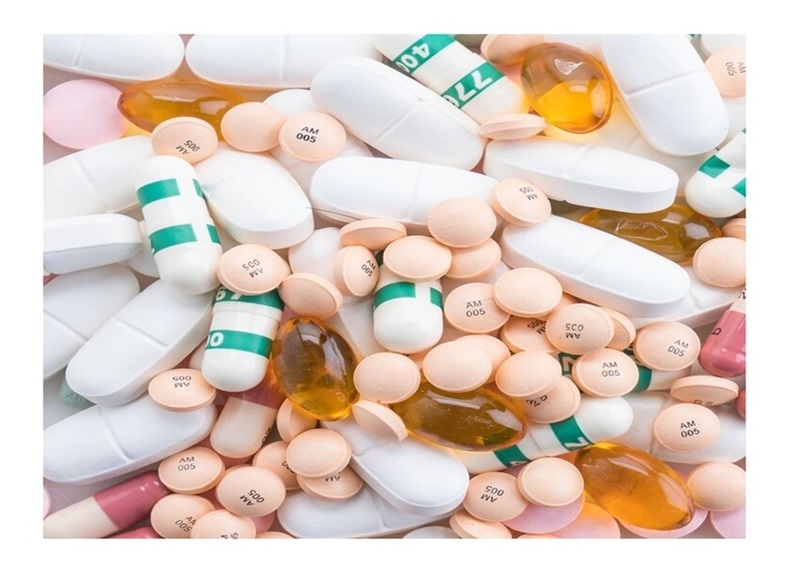Biosimilars are biological products that are highly similar to and have no clinically meaningful differences from an existing approved biologic drug, known as the reference product. These drugs are manufactured using living organisms, such as bacteria or yeast, to produce complex molecules that are structurally similar to proteins found in the human body.
The future of biosimilars appears promising, with several factors contributing to their growth and adoption:
Expanding Market: As patents for many biologic drugs expire, it opens up opportunities for biosimilar manufacturers to enter the market with more affordable alternatives. This will lead to increased competition and potentially lower prices for these important medications.
Regulatory Support: Regulatory agencies such as the FDA and EMA have established guidelines for the approval of biosimilars, providing a clear pathway for manufacturers to bring these products to market. As the regulatory pathway becomes more defined and streamlined, it will encourage more companies to invest in biosimilar development.
Healthcare Cost Containment: Biosimilars have the potential to reduce healthcare costs significantly by providing more affordable alternatives to expensive biologic drugs. This is particularly important as healthcare systems around the world face increasing pressure to contain costs while providing access to effective treatments.
Therapeutic Innovation: The development of biosimilars can also drive innovation in therapeutic areas by expanding treatment options and encouraging research into new indications for existing biologic drugs.
Global Expansion: The biosimilars market is not limited to a specific region and is expected to grow globally as more countries establish regulatory pathways for biosimilar approval. This expansion will create opportunities for both established pharmaceutical companies and emerging biotech firms to enter the market.
Patient Access: Increased availability of biosimilars can improve patient access to life-saving treatments, especially in regions where access to biologic drugs may be limited due to cost constraints.
Biosimilar Monoclonal Antibodies: The development of biosimilar versions of monoclonal antibodies (mAbs), which are among the highest-selling biologic drugs, holds significant potential to drive the growth of the biosimilars market further.
Patents and Biosimilars
Regarding patents, they play a crucial role in the development and commercialization of biosimilars. When a pharmaceutical company develops a new biological medicine, they typically obtain patents to protect their investment in research, development, and marketing. These patents grant them exclusive rights to manufacture and sell the drug for a certain period, usually around 20 years from the date of filing.
Once the patent on a reference biological product expires, other companies can seek approval to market biosimilars. However, they must demonstrate through rigorous testing and clinical studies that their product is indeed highly similar to the reference product and does not have clinically meaningful differences in terms of safety, purity, and potency.
Patents also play a role in the biosimilar approval process. Companies seeking to market a biosimilar must navigate patent issues related to the reference product. This may involve challenges and litigation if the originator company believes that the biosimilar infringes upon their patents.
Overall, patents influence the timing of biosimilar market entry and can impact competition within the biopharmaceutical industry. As patents on reference biological products expire, it can lead to increased availability of biosimilars, potentially lowering healthcare costs and increasing access to important treatments.
However, navigating the complex patent landscape is a significant challenge for companies developing biosimilars. Additional challenges remain, including manufacturing complexities, regulatory hurdles, market acceptance, and the need for robust pharmacovigilance to ensure the safety and efficacy of biosimilars. Overall, the future of biosimilars looks promising, with the potential to transform healthcare by improving access to essential treatments while also contributing to cost containment efforts.
AmkayIP consultants has experienced professionals from pharma industry who understand this domain thoroughly and committed to serve clients timely significant patent insights related to this domain.
Engage with us
Interested in learning more about the insights in this domain? Our team is eager to create customized reports suitable for your needs which will generate deep insights that can be leverages significantly for your success. Contact us at info@amkayipconsultants.com to discover how we can collaborate.
See More Articles